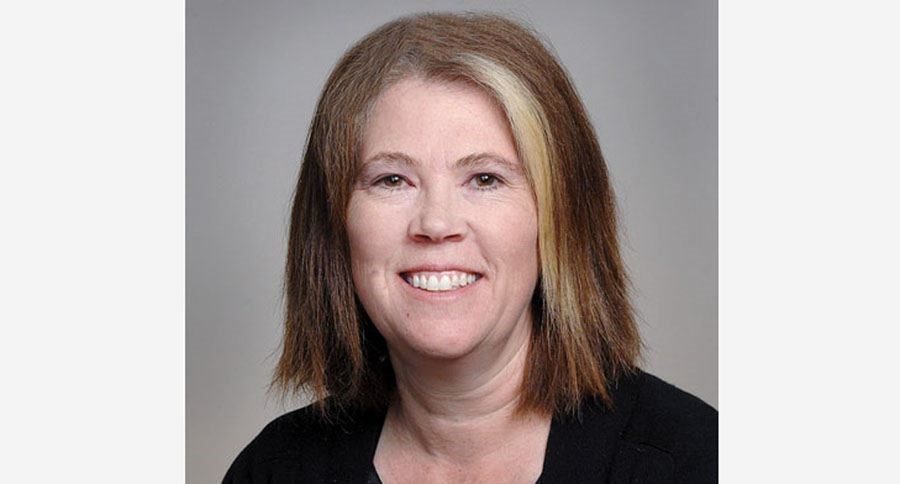In a recent article published in Common Ground, Thomas Mulcair wrote: "We're very clear on this - an NDP government would introduce proportional representation by the next election. Early in December 2014, we introduced a motion to the House of Commons to reform the system before then, but were disappointed that Justin Trudeau voted with Stephen Harper and the Conservatives to defeat the motion. However, the fact that our motion attracted the support of Greens, independent MPs and several members of the Liberal Party who voted contrary to their leader shows we are making progress in our campaign to change Canada's unfair electoral system."
This is a bold promise. I say this because electoral reform has been the mantra of many political parties over the years...especially those who find that they can't form government...and, when they do form government, political parties often get squeamish about changing the rules.
One might wonder why the system of first-past-the-post (or single member plurality) was adopted in the first place. Frankly, it does not make a lot of sense in terms of democratic representation. If an alien landed from Mars and (let us assume that this is a politically literate alien) he / she asked, "How does your electoral system work?" they might be surprised to discover that political parties that receive, say, 39 percent of the vote can become the majority in parliament. And that a party with 3.9% of the vote might only be awarded one seat. But alas, the popular vote does not count for much in the first-past-the-post system. Single member plurality is a system that fits with the Westminster style of parliament. The first--past-the-post system is more likely to produce majority governments that can assure confidence in the House which is the underlying principle of responsible government.
There are a number of electoral systems that are available and tested in other places that could replace first-past-the-post. Straight out proportional representation would mean that the percentage of votes received in the popular vote would translate to the number of seats in the House. So if a party received 39% of the vote they would receive 39% of the seats. Candidates to fill the seats would be drawn from lists that are provided by each party before the election. The list is given in rank order and the top 39% of this list would be elected. The list system is not ideal because it does not allow for electors to vote for an individual candidate. The mixed member system is often suggested as a way to deal with the "list system" because it allows for a certain number of candidates to be chosen by the first-past-the-post system and a certain number from the list system. Proportional representation can lead to the proliferation of small parties so "threshold" levels are often set so that parties that receive say less than say 5% do not get represented.
The Single Transferable Vote System tries to deal with the "list" issue too by having electors rank a list of candidates. In the STV system the focus is on the candidate and less on the party. So, for example, the ballot could have more than one candidate per party and the voters would rank the candidates by preference. The ridings are often large and therefore there could be more than one winner in each riding. Voters might even choose to rank candidates from different political parties. The candidates have to achieve a certain threshold to be elected but once the threshold has been achieved the second choices are calculated to see if another candidate can reach the threshold. This was the system that BC voted on in 2009. While many pundits argued that the system was too complicated, pundits failed to explain that the actual exercise of voting is very straight forward. The complexity comes in the counting which, of course, no elector would have to do - this responsibility is left up to Elections Canada (or provincial election bodies).
As voters our biggest fear tends to be the unknowable outcomes for governing that a change to the electoral system might produce. All of this explanation is moot however if political parties, once elected, get cold feet on electoral reform...quite frankly it's hard to turn your back on the system once you hold office...particularly if you win a majority.



